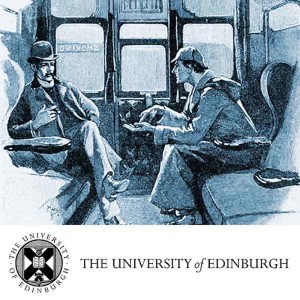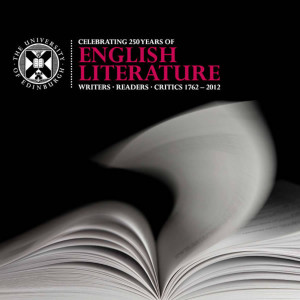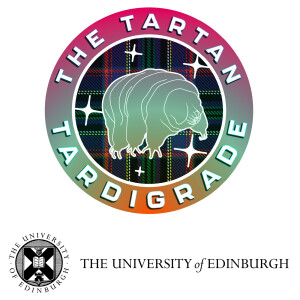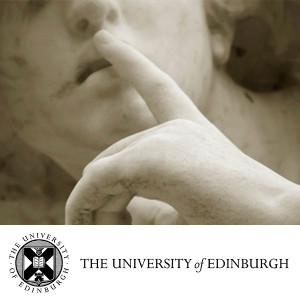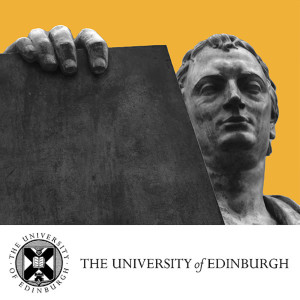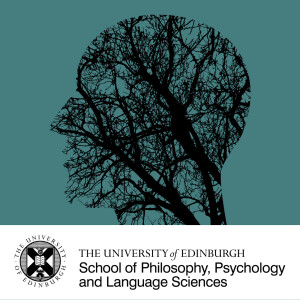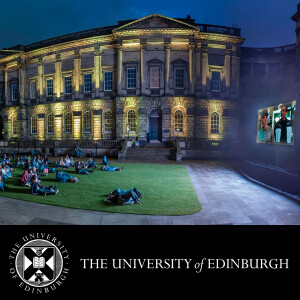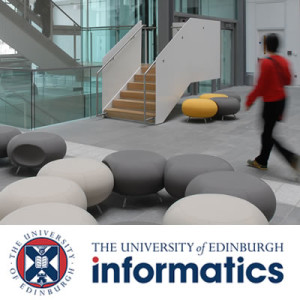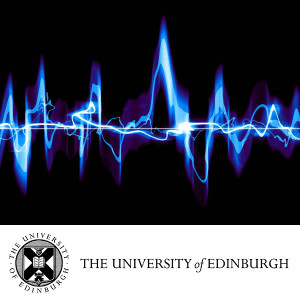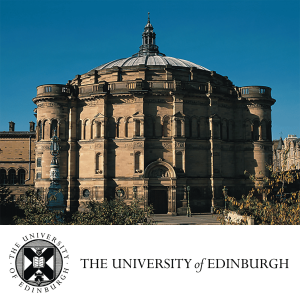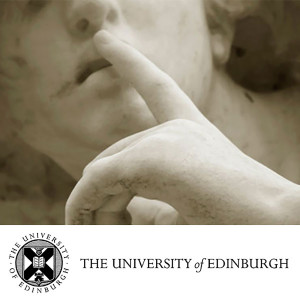

Gifford Lectures (audio)
http://www.kaltura.com/api_v3/getFeed.php?partnerId=2010292&feedId=1_uur0dl49Episode List

Prof Bruno Latour - The Puzzling Face of a Secular Gaia
Professor Bruno Latour delivers the Gifford Lecture series entitled "Facing Gaia. A new enquiry into Natural Religion". Lecture 3: The Puzzling Face of a Secular Gaia In spite of its reputation, Gaia is not half science and half religion. It offers a much more enigmatic set of features that redistribute agencies in all possible ways (as does this most enigmatic term "anthropocene"). Thus, it is far from clear what it means to "face Gaia". It might require us to envisage it very differently from the various divinities of the past (including those derived from nature). Recorded on Thursday 21 February 2013 at St Cecilia's Hall, the University of Edinburgh.

Prof Bruno Latour - A Shift in Agency - with apologies to David Hume
Professor Bruno Latour delivers the Gifford Lecture series entitled "Facing Gaia. A new enquiry into Natural Religion". Lecture 2: A Shift in Agency - with apologies to David Hume Once nature and the natural sciences are fully ''secularized'', it becomes possible to revisit also the category of the supernatural. Then, a different landscape opens which can be navigated through an attention to agencies and their composition. Such a freedom of movement allows the use of the rich anthropological literature to compare the ways different "collectives" manage to assemble and totalize different sets of agencies. Recorded on Tuesday 19 February 2013 at St Cecilia's Hall, the University of Edinburgh.

Prof Bruno Latour - 'Once Out of Nature' - Natural Religion as a Pleonasm
Professor Bruno Latour delivers the Gifford Lecture series entitled "Facing Gaia. A new enquiry into Natural Religion". Lecture 1: 'Once Out of Nature' - Natural Religion as a Pleonasm The set of questions around the two words "natural religion" implies that only the second word is a coded and thus a disputed category, the first one being taken for granted and uncoded. But if it can be shown that the very notion of nature is a theological construct, we might be able to shift the problem somewhat: the question becomes not to save or resurrect "natural religion", but to dispose of it by offering at last a ''secular'' version of nature and of the natural sciences. Recorded on Monday 18 February 2013 at St Cecilia's Hall, the University of Edinburgh.

Diarmaid MacCulloch - Getting behind noise in Christian history
Lecture 5: Getting behind noise in Christian history So far, the story has largely been about overt history: the positive utterances and actions of public Christianity. We turn now to further and more complex varieties of silence: first the phenomenon of ‘Nicodemism’, simultaneously audible to those with ears to hear, and not to be heard by others. New politic silences were caused by the fissuring of Western Christianity, through efforts to sidestep the consequent violence and persecution; a rediscovery of classical discussion of silence took place on the eve of the Reformation in the writings of Italian civic humanists, and this tradition fused with the debate about Nicodemism and the place of quiet versus overt toleration. Over the centuries, particular groups who represented the ‘Other’, some Christian, some not, have made themselves invisible simply in order to survive: crypto-Judaism and its effect on Christianity are discussed, together with examples of Christian Nicodemism, notably the Reformation ‘Family of Love’ and the growth of a distinctive gay sub-culture within nineteenth- and twentieth-century Anglo-Catholicism. We move to those things best left unsaid in order to build identity in Christian organisations and newly-evangelised regions, and the way in which themes and dogmatic position once considered vital and central for the Christian life have been quietly abandoned without much acknowledgement of their one-time importance. We scrutinise Christian problems in dealing honestly with sexuality, with a specific example. Finally we turn to the confused reaction of Churches to shame over past sin, the example being complicity in the slave trade. Recorded Tuesday 1 May 2012 at St Cecilia's Hall, Edinburgh. Audio version.

Lord Sutherland - David Hume and Civil Society
Lord Sutherland of Houndwood presents, "David Hume and Civil Society". David Hume's thinking was radical and thorough. This was his strength, but also a source of ammunition to his enemies. He has been interpreted as being scathingly negative in all of his conclusions - whether about morality, religion or basic epistemology. The lecture will argue that Hume has much that is positive to teach us about all of these topics. However, the main focus will be upon the nature and foundations of Civil Society, including both ethical and social insights, and their relevance to contemporary talk of 'broken' or 'fractured' society. Stewart Sutherland taught philosophy in Bangor, Wales, Stirling, and King's College London, where he held the Chair of the History and Philosophy of Religion. He was subsequently Principal of King’s College, London, Vice Chancellor of the University of London, and Principal and Vice Chancellor of the University of Edinburgh. He is a fellow of the British Academy and Past-President of the Royal Society of Edinburgh. Recorded 25 October 2011 at the Playfair Library, Edinburgh. Audio version.
You may also like
Create Your Podcast In Minutes
- Full-featured podcast site
- Unlimited storage and bandwidth
- Comprehensive podcast stats
- Distribute to Apple Podcasts, Spotify, and more
- Make money with your podcast
